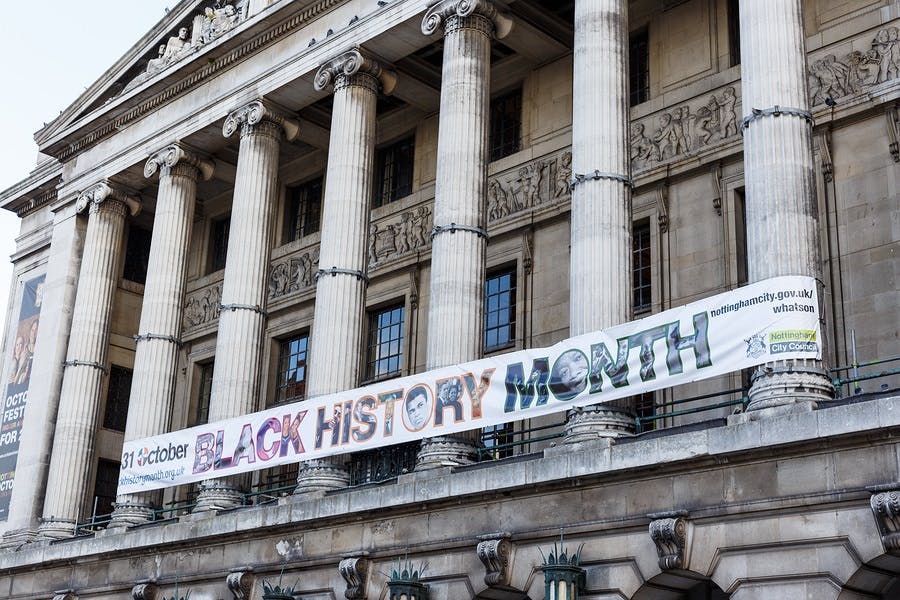Note: Judith Michelle Williams is head of people sustainability and chief diversity and inclusion officer at SAP.
In 1926 Carter G. Woodson introduced Black History Week as a way to inspire schools across the United States to include the achievements of black people in the history curriculum. However, it was not until the 1970s when the celebration officially expanded from a single week to a whole month. From there Black History Month expanded to the UK in 1987, Canada in 1995 and finally Ireland in 2014. Now in February, schools and corporations alike celebrate Black History Month with panels, events and other educational opportunities.
In high school, I started counting and tracking the ascension of black CEOs to lead Fortune 500 companies: Dr. Clifton Wharton, Jr. at TIAA-CREF in 1987; Franklin Raines at Fannie Mae in 1991; Kenneth Chenault, at American Express in 1999. Progress was slow and sporadic, so I was excited each time a new name rose to the leadership role. When I saw the success of these executives, I was inspired, and thought, “Hey they look like me; maybe I can do that too.” We all need examples to show us what is possible.
Diverse companies do better
Reimagining a future that’s representative of all people will help make companies more prosperous, in addition to paying economic and social dividends in the long run. McKinsey reported that companies in the top quartile for racial and ethnic diversity have financial returns above their respective national industry medians. In fact, a lack of diversity within a company can spell missed customer opportunities in markets that are richly diverse.
As today’s technological advancements help organizations experience more innovation and digitalization than ever before, companies also must be better prepared to face new challenges. This shift in thought, and the data today’s tools are capable of providing, allow leaders of diverse backgrounds with an opportunity to acknowledge where improvement is needed and apply unique and inventive insights as these challenges arise. The progress that we make helps shape the next generation of role models, so that children and people young in their careers, can see people who look like them and believe that anything is possible.
To truly change our current culture, we must recognize that inclusion needs to involve everyone, and a lot of that conversation starts with addressing representation. Organizations must work to increase the diversity of backgrounds of employees, broaden who has access to opportunity, and at the same time, ensure that we have fair, bias-free processes, and that our corporate culture is an inclusive one that enables everyone to be their best selves. Employee network groups, like the Black Employee Network (BEN) at SAP, help support this mission, by creating a forum for discussing inclusion, sharing cultural difference, networking and employee mentoring and development.
As we participate in celebrations this month, we cannot forget that Woodson’s goal wasn’t that we celebrate the achievements of black people once a year, but that we integrate it into the curriculum and remember that “black history” is really just a part of all history. It is my hope that we will eventually live in a society where we see the full access to opportunity not just for black people, but for all people.
